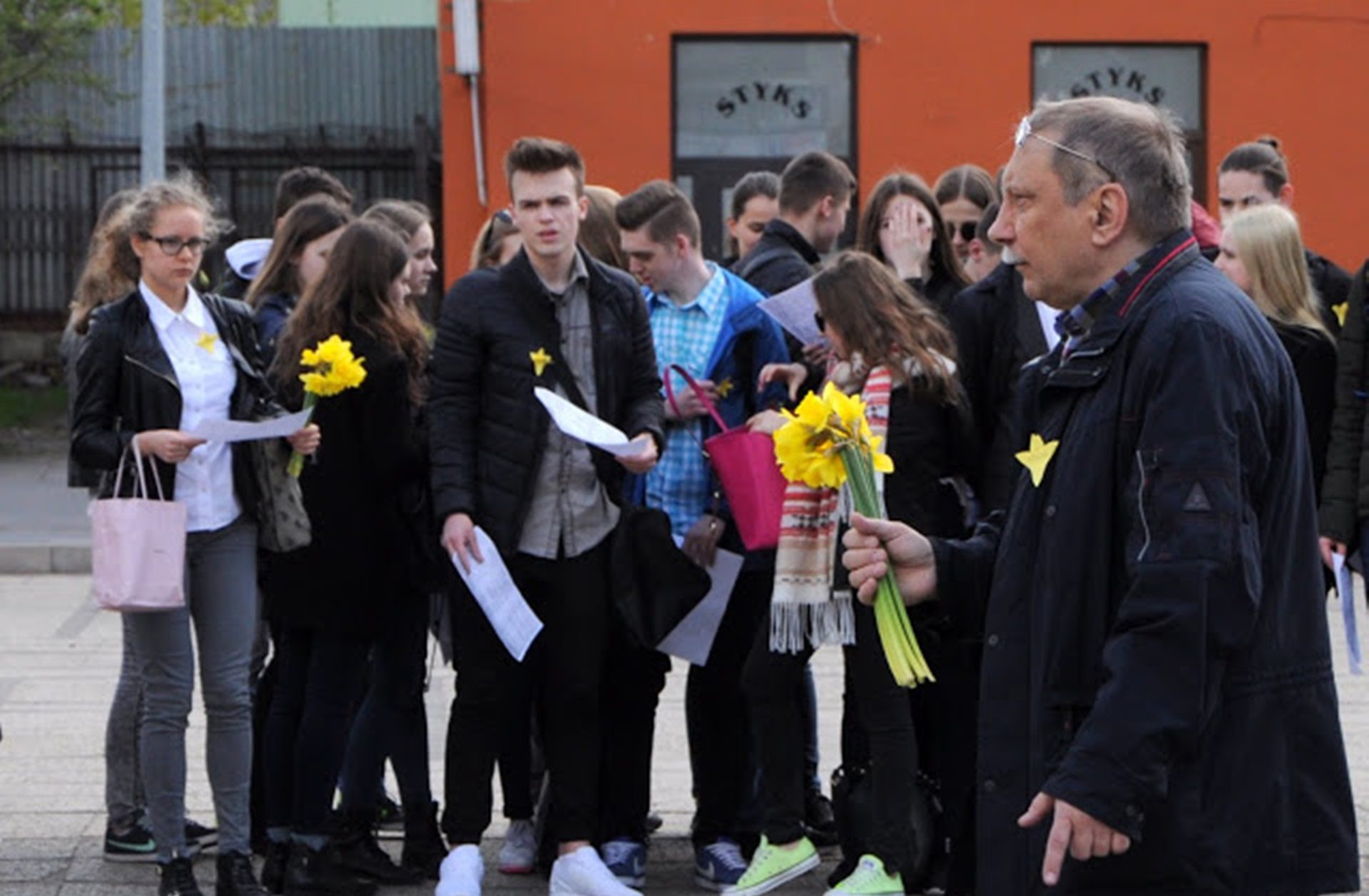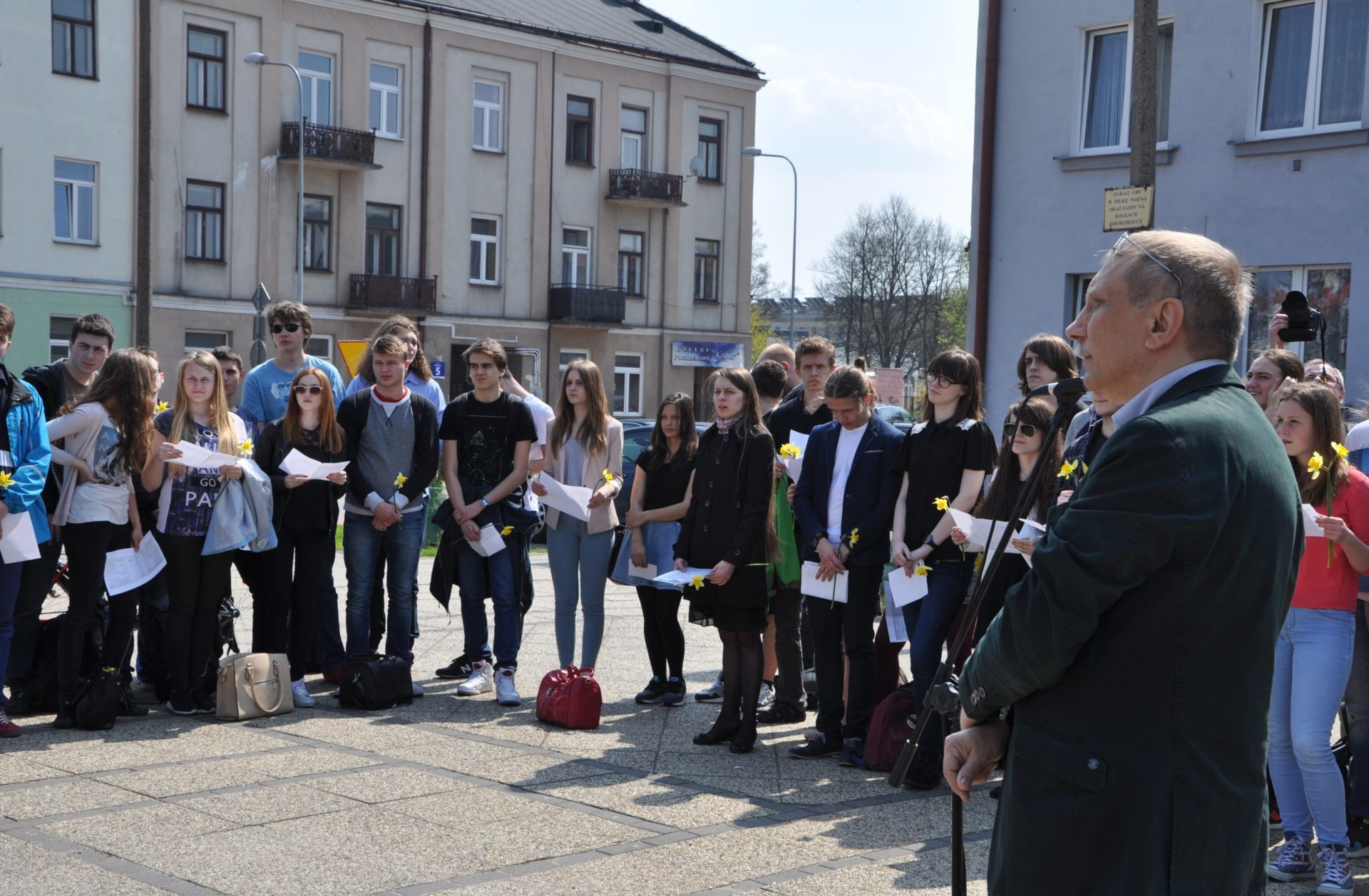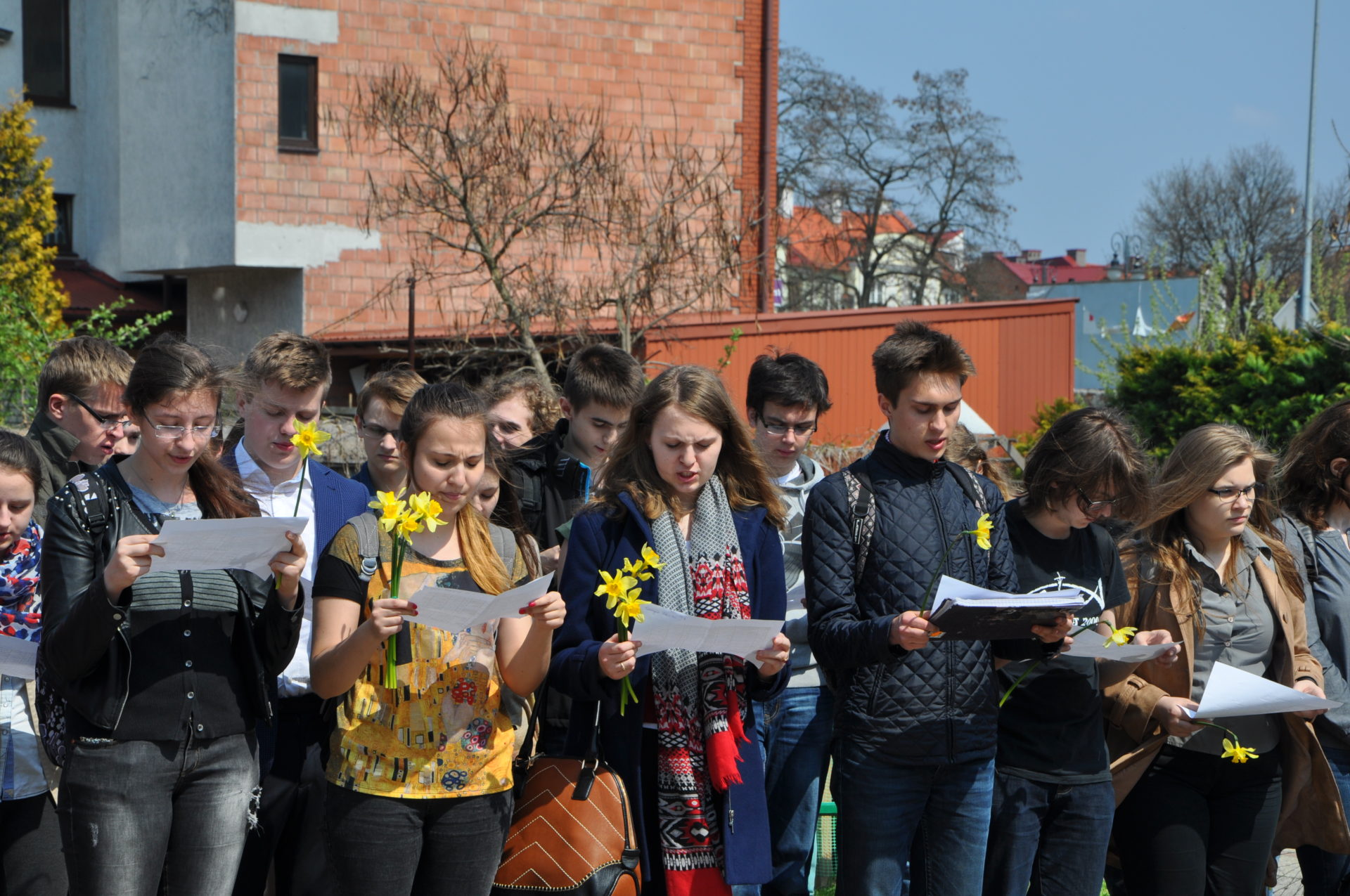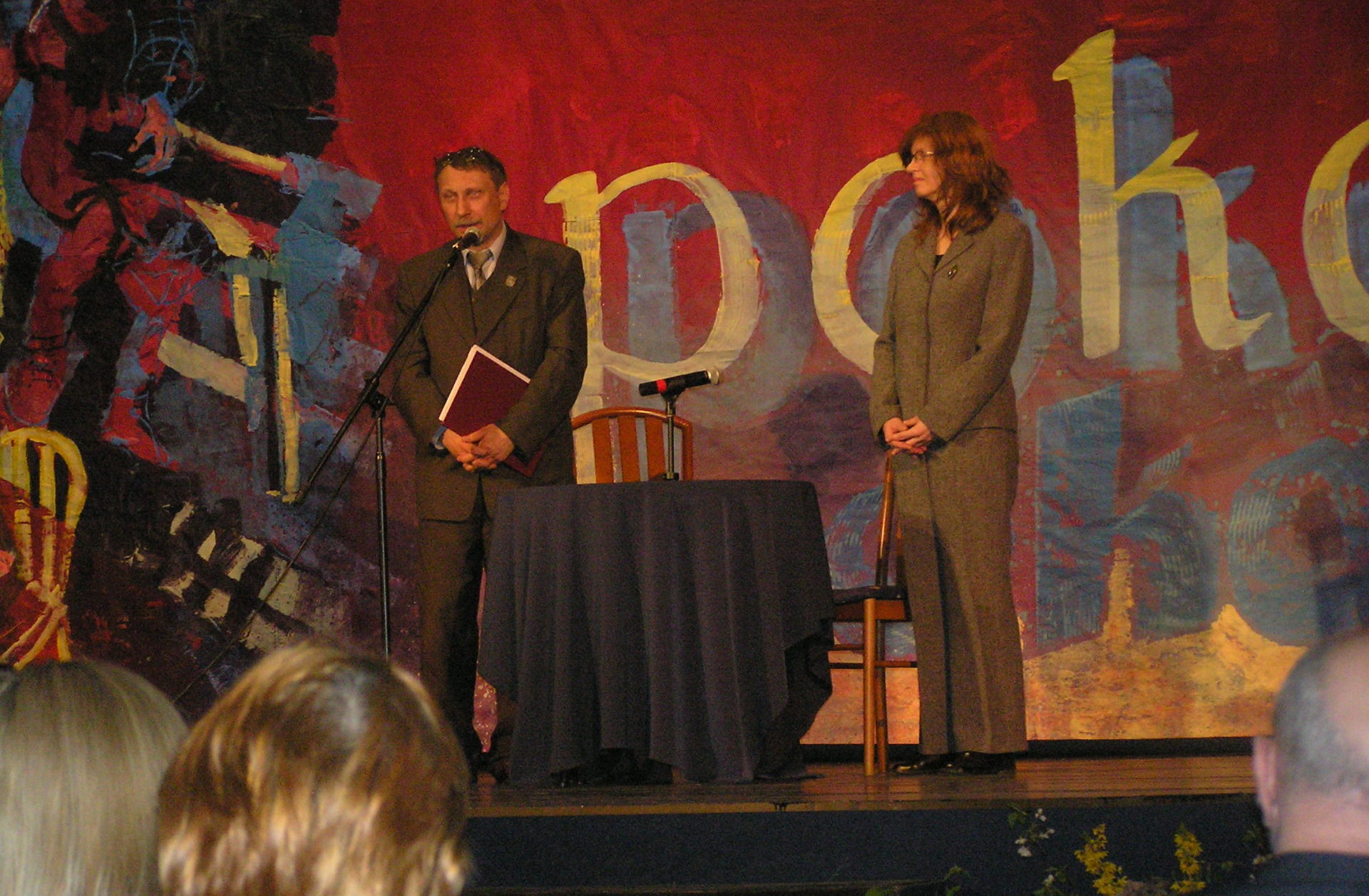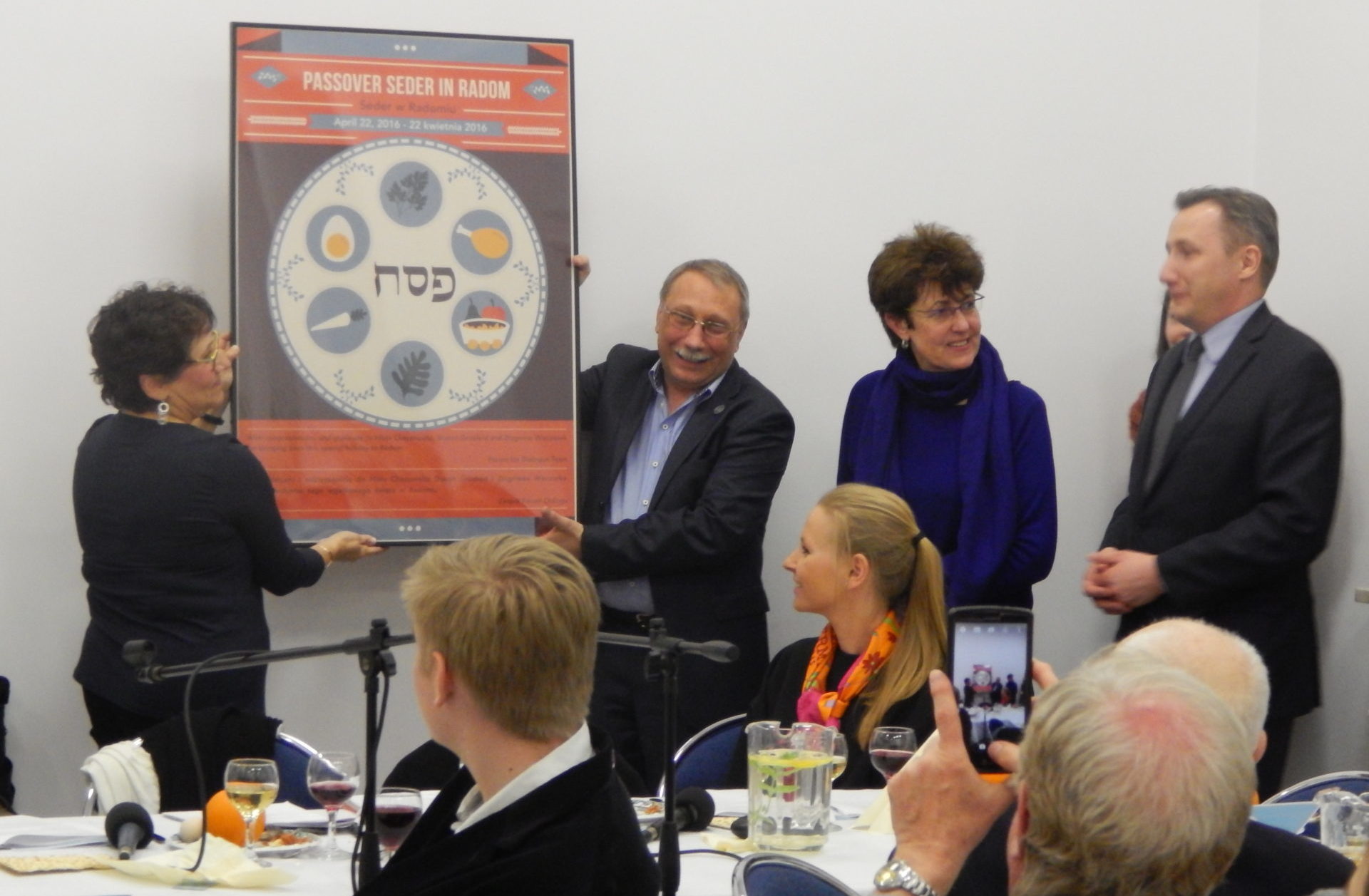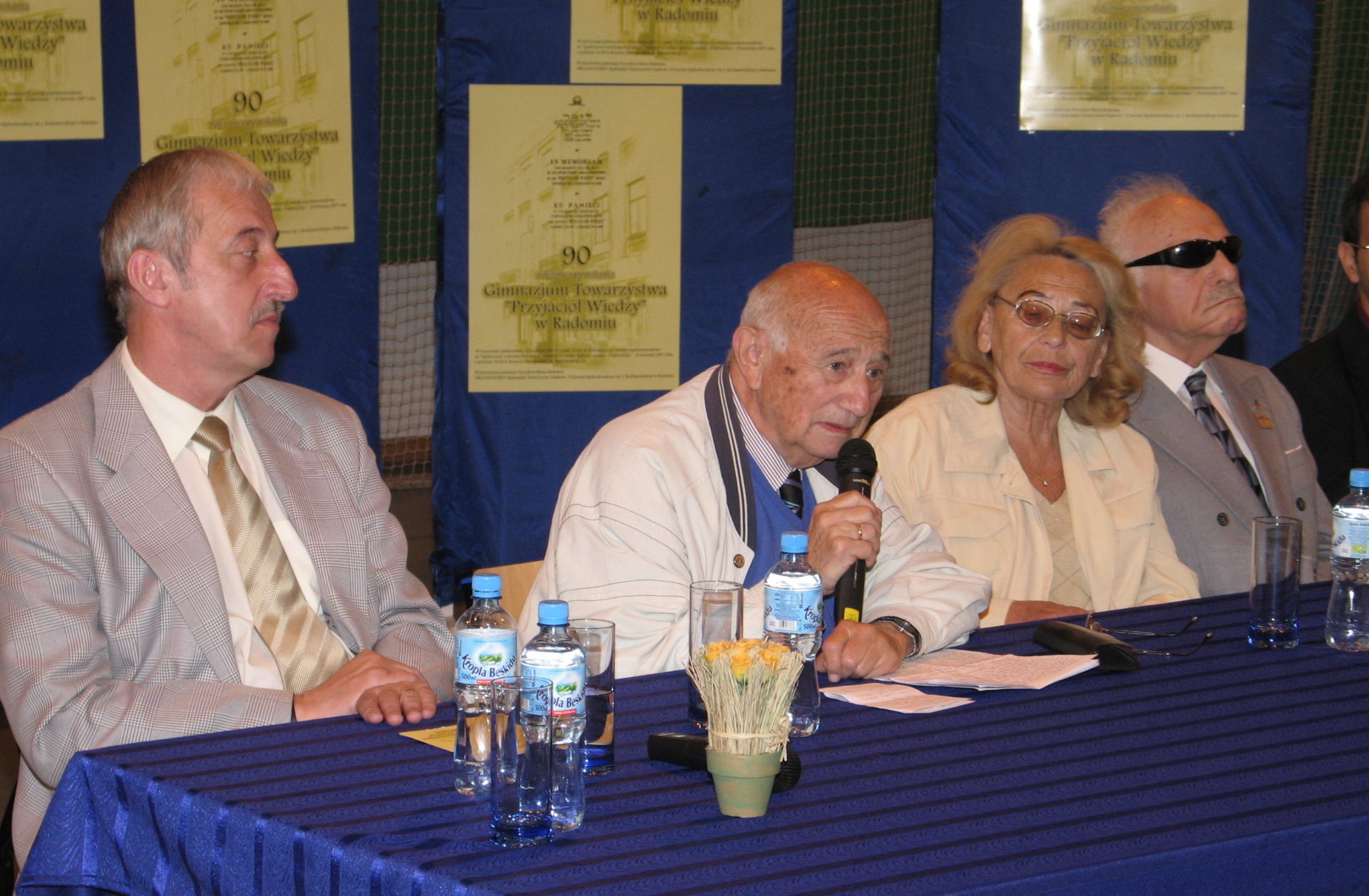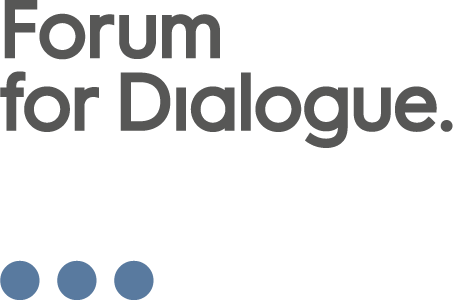It is difficult to adequately express the profound loss we experienced upon the passing last October of Zbigniew Wieczorek, beloved Leader of Dialogue and humanitarian whose moral compass always pointed in the direction of making the world a better place. He was a teacher after all, dedicated to helping others learn so that the mistakes of the past were not repeated.
Zbyszek committed his heart and soul to Jewish memory, and to finding ways to ensure that his hometown of Radom would not forget the existence of a once-flourishing community. He cared deeply for those former neighbors who walked the same Radom city streets that exist today.
Every year, including during the worst of the pandemic, Zbyszek made sure that the names of those who perished in the Holocaust were read out loud, even when there were few around to hear them. He dedicated so much of his life to honoring a heritage that had practically disappeared.
Zbyszek worked tirelessly memorializing what could not be physically restored. He was instrumental in the creation of plaques located throughout the city to notify people of the places once inhabited by former Jewish residents, and about the contributions they made to Radom. He was the conduit bringing the past into the present, always finding new ways to share his knowledge of Jewish history, particularly as it related to Radom.


